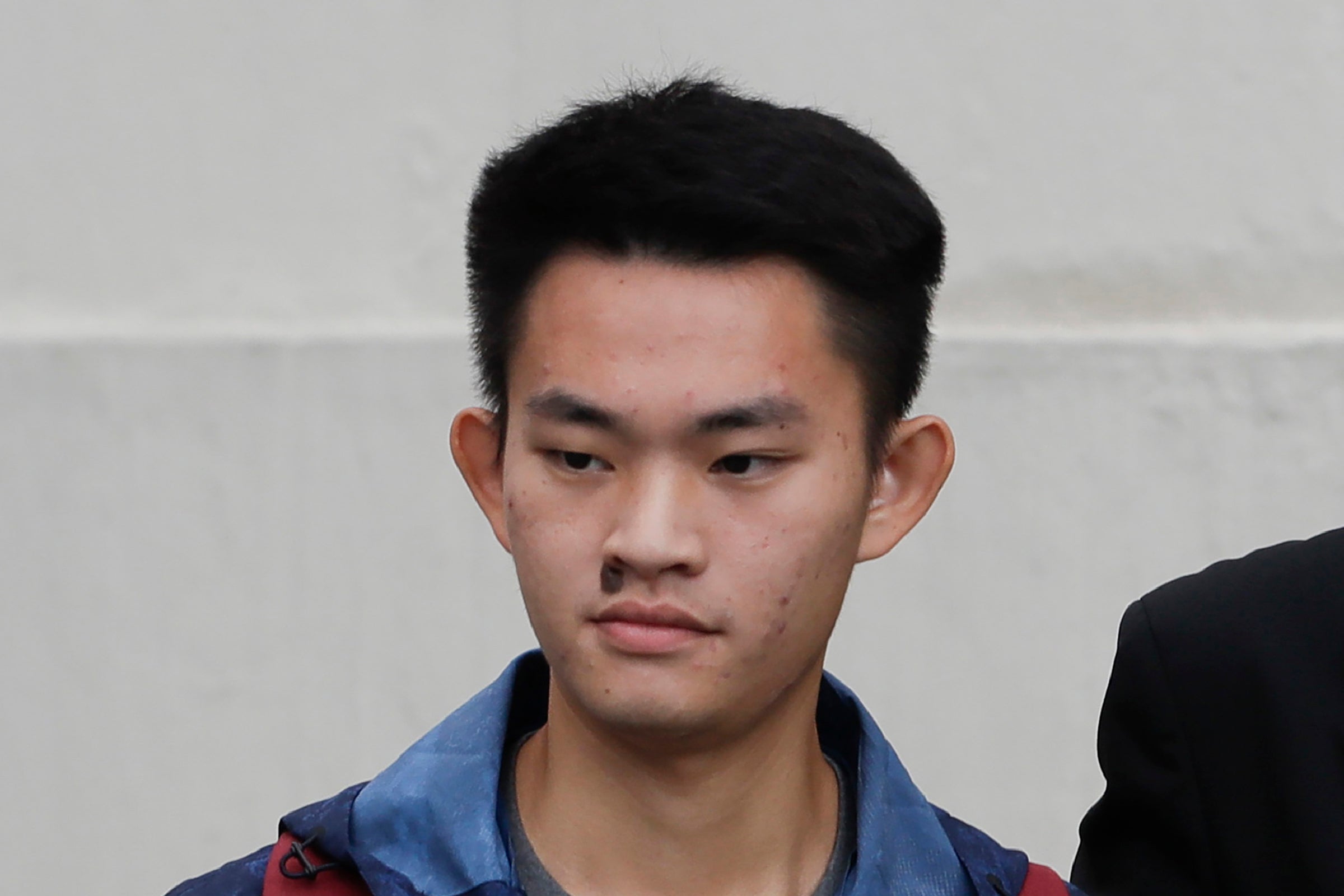Hong Kong murder suspect plans to turn himself in to Taiwan
A Hong Kong murder suspect, whose case led the government to attempt to pass an extradition bill last year that sparked massive protests, is expected to return to Taiwan this month to answer the charges of killing his girlfriend

Your support helps us to tell the story
From reproductive rights to climate change to Big Tech, The Independent is on the ground when the story is developing. Whether it's investigating the financials of Elon Musk's pro-Trump PAC or producing our latest documentary, 'The A Word', which shines a light on the American women fighting for reproductive rights, we know how important it is to parse out the facts from the messaging.
At such a critical moment in US history, we need reporters on the ground. Your donation allows us to keep sending journalists to speak to both sides of the story.
The Independent is trusted by Americans across the entire political spectrum. And unlike many other quality news outlets, we choose not to lock Americans out of our reporting and analysis with paywalls. We believe quality journalism should be available to everyone, paid for by those who can afford it.
Your support makes all the difference.A Hong Kong murder suspect whose case led the government to attempt to pass an extradition bill last year that sparked massive protests, is expected to return to Taiwan this month to answer the charges of killing his girlfriend.
Chan Tong-kai, who is accused of killing his pregnant girlfriend Poon Hiu-wing in Taiwan in February 2018 before fleeing back to Hong Kong, said Friday that his lawyer was arranging for his return to the self-ruled island.
In a voice recording released to media, Chan apologized to the Poon’s parents.
“My determination to go back to Taiwan and hand myself in has never changed, please do not worry,” Chan said in the recording.
When Chan returned to Hong Kong in 2018, he was charged with money laundering for taking Poon’s money and valuables, and served a prison sentence before being released in October last year.
However, he could not be sent to Taiwan because Hong Kong, the semi-autonomous Chinese city, has no extradition agreement with the island.
Prior to his release, Hong Kong leader Carrie Lam used Chan’s case as justification for an extradition bill that would allow Hong Kong to extradite suspects to other countries and territories.
However, many Hong Kong residents opposed the move because it would also have allowed suspects to be sent to mainland China to stand trial. The proposed bill sparked months of anti-government protests that occasionally erupted into violent clashes with police. The extradition bill was later withdrawn.